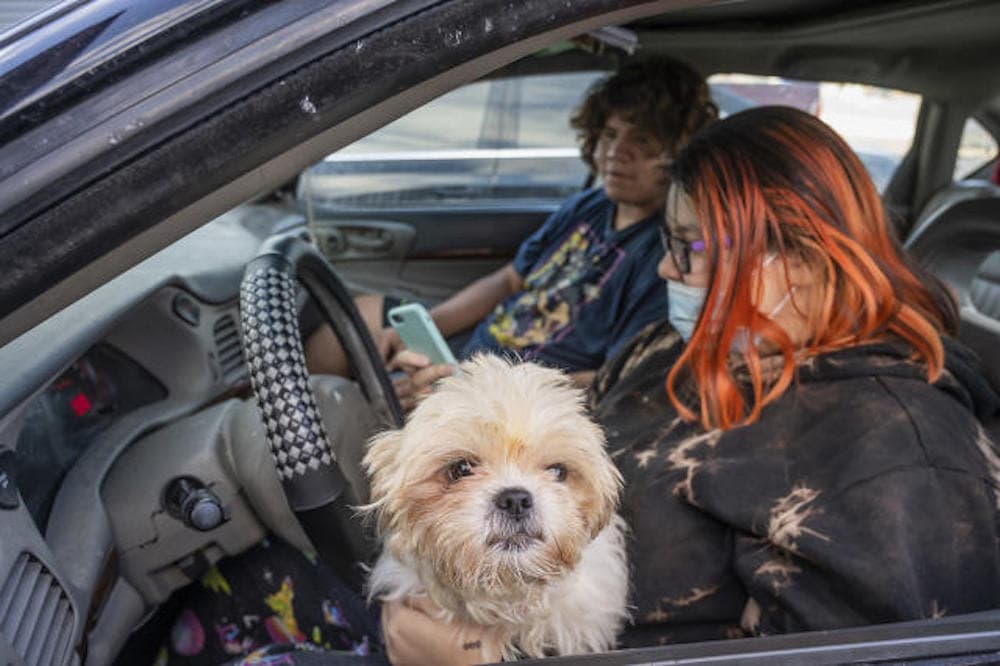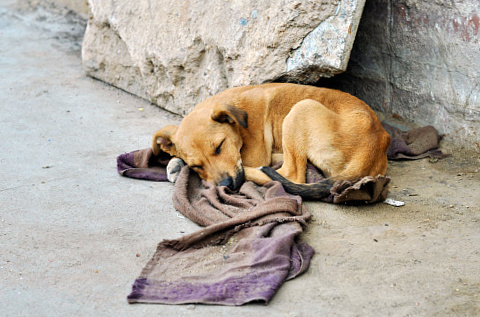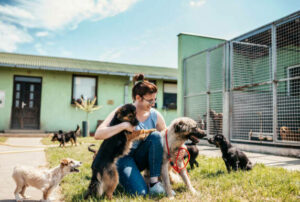Due to poverty and its remote location, animals in the Leech Lake Reservation in Northern Minnesota, including dogs and cats, have been neglected for years. Stray dogs are seen roaming the town and even blocking traffic on the main highway.
Thanks to volunteers and members of the Ojibwe tribe, the problem is being addressed, thereby improving animal welfare. It also brings the community closer to its spiritual and cultural roots regarding the tribe’s relationship with animals.
Rick Haaland, a community outreach leader with the leech Lake tribal police, said of the efforts, “It helps animals, but it brings people up, too. Our pets are the ones who walk with us.”
Nowadays, stray dogs are rarely seen, and everyone in the community, including kids, is helping their elders rescue animals and distribute pet supplies around the community.
Leech Lake Legacy

Their principal town, Cass Lake, is awaiting the construction of the first veterinary clinic, which Haaland hopes would start before the year ends and open in the spring. Bringing in a veterinarian from out of town would typically cost $500.
A large percentage of the community lives in poverty and could not afford basic animal care, like emergencies and routine sterilizations. As a result, injured dogs and cats are normally abandoned and left to die.
In May 2011, a group of volunteers from the Twin Cities formed a non-profit organization that would help animals in the community in need of transport and sterilization. They helped the Leech Lake police, which manages the Leech Lake animal impound, to find homes for stray dogs and cats that would otherwise be euthanized.
The organization would also bring mobile clinics to the reservation for affordable veterinary services.
Things started to improve for the animals, and to date, more than 900 stray animals had found a new home, according to Jenny Fitzer, founder of the organization.
The program suffered a setback, however, during the height of the pandemic as veterinary care, including spaying and neutering, was suspended. “I can’t imagine when we’ll be able to catch up,” she said.
Reviving Ojibwe Traditions
As more help and assistance coming from animal welfare organizations and local fundraising activities increase, the Ojibwe community is becoming more aware of the traditions practiced by their ancestors and is working to address animal neglect on their tribal lands.
The Ojibwe were the largest Native American group North of Mexico inhabiting present-day Ontario to Montana.
Animals are part of their sacred origin stories, and they believe that every living thing is a being that ought to be treated with respect.
Scholar of Ojibwe history, Eric Redix, said that “animals have spirits, just like us,” and their neglect is a symptom of social inequalities in poverty-stricken Native lands.
He added that reviving animal care renews the Ojibwe society.
Rick Haaland agreed with him and said that “We are proud people, with a chance to rise above the trauma of the past.”





